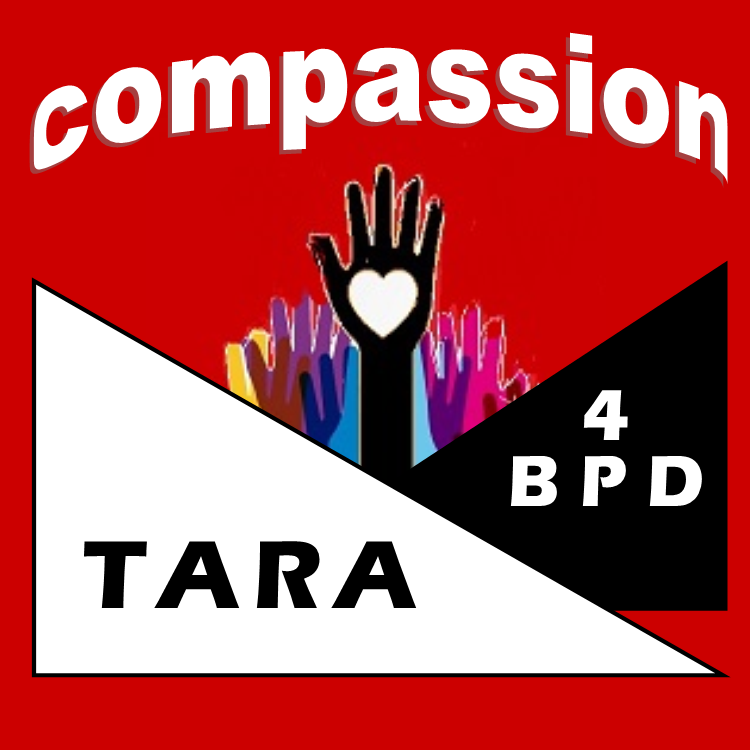Change Your Anger Into Empathy
HELP by becoming part of the solution rather than part of the family stress
LEARN new methods for communicating with your loved one.
LEARN new coping skills based on DBT.
LEARN how to validate emotional responses by applying DBT skills.
REDEVELOP trust leading to your loved one finally seeking appropriate treatment that will enable him/her to lead a life worth living.
Outline of Family DBT
Skills training Workshop
Things Are Not Always What They Seem
Overview of BPD? Why are you always the recipient of what seems to you to be irrational responses to what you consider to be normal situations? The understanding of the systems in dysregulation and the psychobiology of BPD will explain the symptoms and behaviors that are so difficult for you to deal with. You will be informed of the latest BPD research findings. You will learn how what seems to be irrational behavior can be explained from a neurobiological point of view.
What is Cognitive Behavior Therapy?
Overview of how we think and how this influences our behavior. Key concepts will be explained such as shaping, reframing, parallel language, catastrophizing, personalization, cost -benefit analyzing, jumping to conclusions, fortune telling, mind reading, gray training, decision matrix? What is anger management? A diary card?
What are Emotions?
Analysis of each emotion. How do we recognize emotions? How do we express emotions. Why is this skill so important for communicating with someone with BPD.
Validation:
What to we mean by validation? How do you do it? Why is it so important to validate the emotions of someone with BPD? Learn why statements such as "Calm Down" should never be said to someone with BPD. Learn what is helpful to say in stressful situations, when and how to apply DBT skills and coping strategies in the home. Work towards making the family a therapeutic environment that teaches & reinforces adaptive coping methods for the person with BPD.*
Dialectical Behavioral Therapy. (DBT):
What is DBT? How does it differ from other treatments? Why does it work? What is Radical Acceptance? How do you find the Kernel of Truth in what a person with BPD experiences? Understand why tough love and simple boundary setting don't generally work for people with BPD. How to do a Behavior Analysis, establish priorities and interpret a diary card? How to develop a coping skills support team. Practice Cheerleading, Shaping and role playing within the group. Reinforce DBT Skills. Establish a self help telephone network(optional)
Psychopharmacology:
What medications are appropriate for specific BPD symptoms. What works for each symptom? What side effects can be dangerous? When to ask for changes in medication regimes. Being informed is your best assurance that your loved one will receive appropriate pharmacological treatment.
Grief to Advocacy:
How to accept the illness and reframe your expectations. What constitutes change? Practice rituals for grieving. Future Hopes and Advocacy: How changing your attitude towards your loved one can result in improved outcomes. What can you do to change the mental health system so as to insure your loved one can receives the services they need and should have available in your community? How TARA APD can continue to help you. How becoming part of TARA APD's advocacy and educational activities can empower you.
Faculty
Valerie Porr, MA,
Overcoming Borderline Personality Disorder, A Family Guide for Healing and Change, Oxford Univ. Press,
co-author new Hope for BPD, Pres./Founder TARA National Association for Personality Disorder,
intensively trained in DBT and MBT , developer of the TARA Method of Family Training, speaker at family and professional conferences Nationally and Internationally. Ms. Porr is available for Individual Family Consultation For appointments Call 212-966-6514 or taraapd@aol.com
Regina Piscitelli:
TARA Board member, DBT intensively trained, TARA Educational Coordinater, Coteaches TARA
Family classes for the past 10 years, leader of BPD support groups, Family DBT Coping Skills Workshops
and speaker at family and professional conferences. A fierce advocate for BPD sufferers.and families.
Lou Dimarco
DBT trained, seasoned TARA trainer, 8 years of experinece. Lou brings a father's perspective to the implementing of DBT and MBT skills
Lisa Rosenberg TARA trainer, 4 years of TARA training, retired teacher

